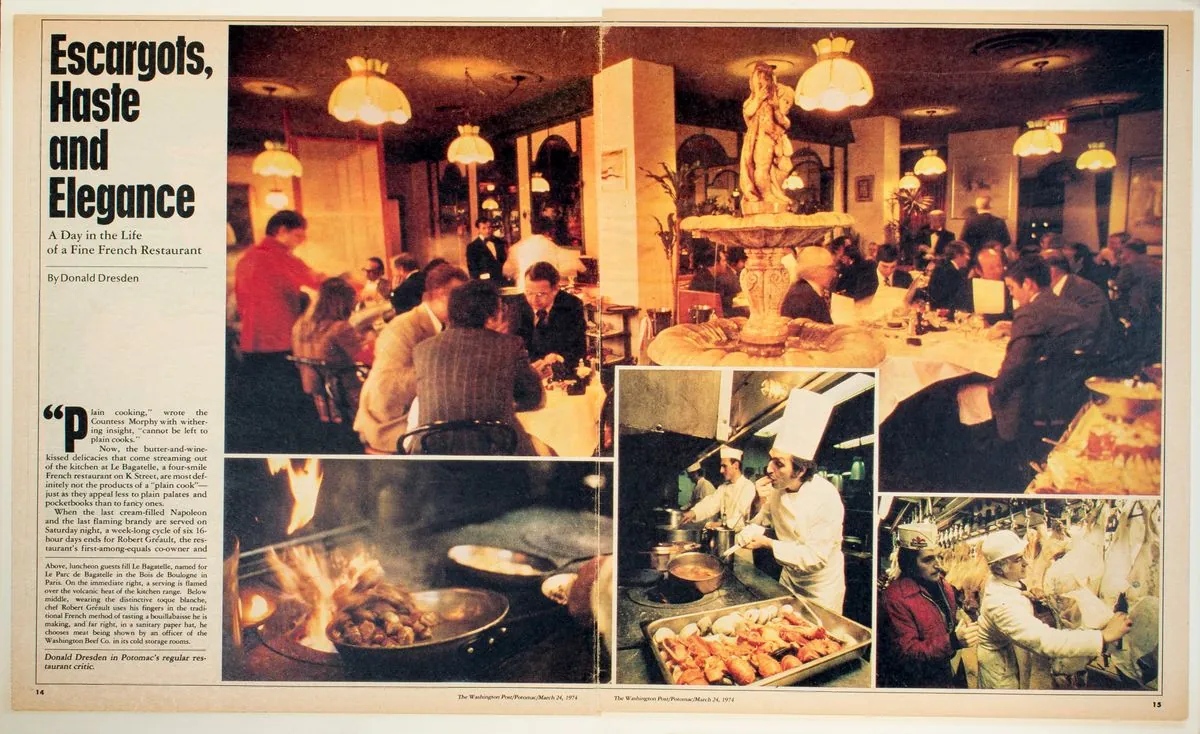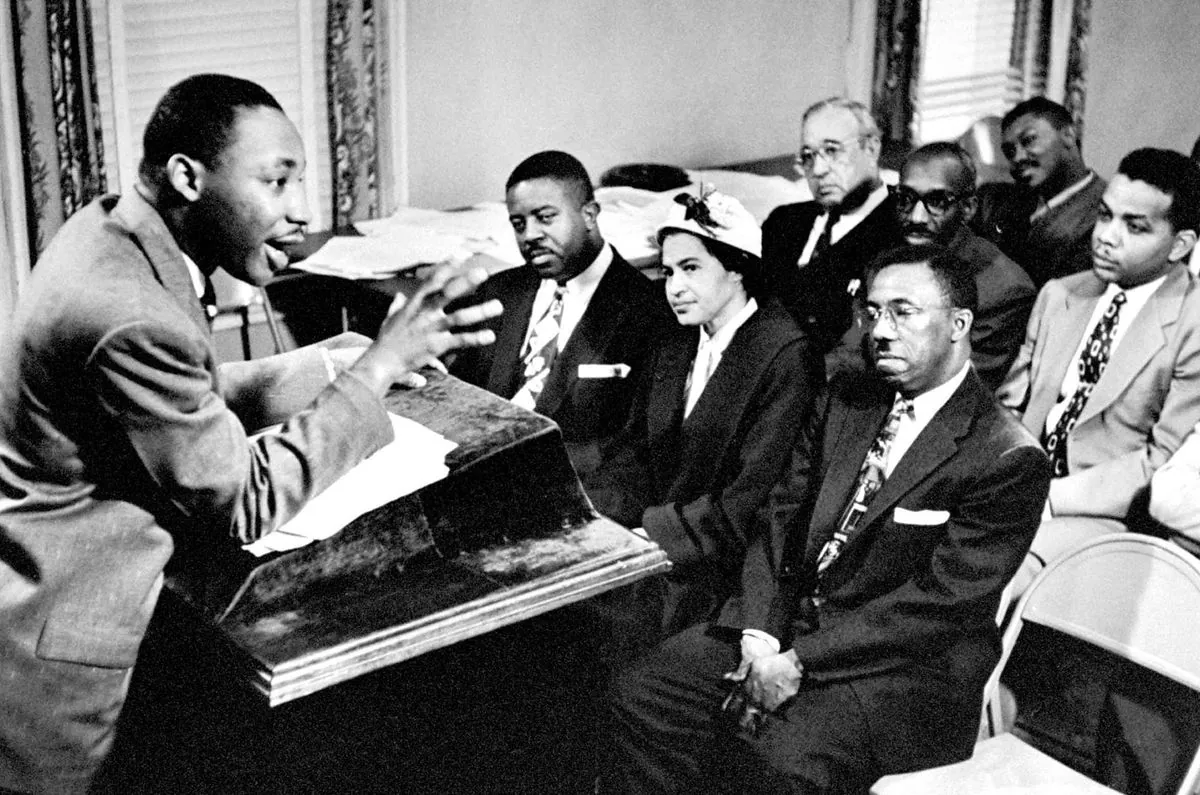Pulitzer-Winning Photographer Matthew Lewis Dies at 94, Leaving Legacy at Washington Post
Matthew Lewis, pioneering Black photojournalist and Pulitzer Prize winner, has passed away at 94. His remarkable career at The Washington Post spanned decades, capturing historic moments and shaping the industry.

Matthew Lewis, a trailblazing photojournalist who left an indelible mark on American journalism, passed away on October 2, 2024, at his residence in Thomasville, North Carolina. He was 94 years old. Lewis's son, Kevin, attributed his father's death to complications from a fall.
Lewis's journey to becoming a celebrated photographer was unconventional. Born on March 8, 1930, in McDonald, Pennsylvania, he initially pursued various careers, including jazz saxophone, cab driving, and Navy medical service. It wasn't until the age of 33 that Lewis embarked on his photographic career, covering significant events such as the March on Washington in August 1963 and President John F. Kennedy's funeral in November of the same year.
In 1965, Lewis joined The Washington Post, becoming part of a small group of Black journalists at the publication. His tenure at the newspaper coincided with a period of significant social and political upheaval in the United States. Lewis documented crucial moments in American history, including Dr. Martin Luther King Jr.'s speech at Washington's Vermont Avenue Baptist Church just weeks before his assassination in 1968.

Lewis's work gained widespread recognition, culminating in his receipt of the Pulitzer Prize for feature photography in 1975. The award-winning portfolio showcased his versatility, featuring images ranging from high-end restaurants to boxing rings. The Pulitzer jury praised his work for its "photographic excellence, remarkable versatility and high intelligence."
"You did it! You just won the Pulitzer!"
Lewis's impact extended beyond his own photography. In 1977, he became The Washington Post's first Black assistant managing editor, overseeing the photography department. In this role, he played a crucial part in promoting diversity within the industry, ensuring that young Black photographers had opportunities to work on high-profile assignments.
The photographer's journey was shaped by several influential encounters. A meeting with renowned photographer Gordon Parks in 1963 provided valuable advice that helped shape Lewis's approach to his craft. Parks emphasized the importance of using a variety of lenses, comparing them to "adjectives and adverbs for writing."
Lewis's career exemplified perseverance and adaptability. After retiring from The Washington Post in 1990, he relocated to Thomasville, North Carolina, where he continued his photographic work for a local newspaper. His approach to photography remained meticulous and patient, always seeking to capture the most evocative and storytelling images.
Throughout his career, Lewis photographed a wide range of subjects, from presidents to celebrities like Muhammad Ali and John Lennon. However, his most impactful work often focused on everyday people and events, capturing the essence of American life during a period of significant social change.
Lewis's legacy extends far beyond his impressive body of work. He played a pivotal role in advancing diversity in photojournalism, paving the way for future generations of Black photographers. His contributions to the field were recognized with numerous accolades, including The Washington Post's highest honor, the Eugene Meyer Award, in 1989.
The world of photojournalism has lost a true pioneer, but Matthew Lewis's impact on the industry and the powerful images he created will continue to inspire and inform for generations to come.


































